Legal Research
Below please find some useful links to some well-known legal research sites and databases along with a brief description of the website and navigation tips.
Canadian Sites
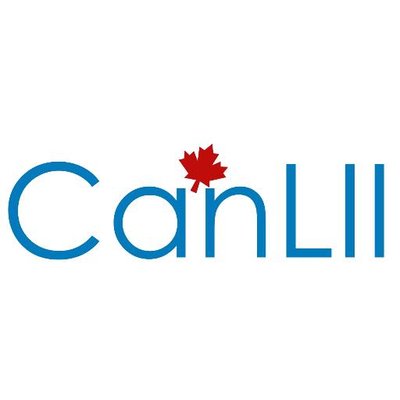
The Canadian Legal Research & Writing Guide
This was formerly known as Best’s Guide to Legal Research and is now part of CanLII’s Commentary collection. The guide takes you through a step-by-step research process and offers effective strategies for Canadian legal research, including finding and using secondary sources, finding and analyzing cases and updating your research. It even offers suggestions for when you get stuck in your research and when to stop the process. This site is a great place to go to learn as much or as little as you want – you can easily look up a specific research question or browse for more wide-ranging information.

Bora Laskin Law Library Alphabetical Listing of Electronic Journals
The popular Bora Laskin Law Library Alphabetical Listing of Electronic Journals has been converted into an easily searchable database of where full text law journals are available on Lexis Advance Quicklaw, WestlawNext Canada, HeinOnline, University of Toronto Electronic Resources or the Internet. Direct links to the University of Toronto e-collections will not work for our users, but the site can be used as an index for where these journals are available. The MLA has in-library access to Lexis Advance Quicklaw and WestlawNext Canada, plus HeinOnline which all LSO members have direct access to in their offices if they have requested a password from the Great Library at Osgoode Hall.

Canadian National Class Action Database
The Canadian Bar Association has produced this National Class Action Database, a repository for information and documents about class actions across Canada. It is intended that the public, counsel, and courts need only look to one source, at no cost, for this information. The National Class Action Database is a voluntary initiative and as such does not claim to provide a comprehensive listing of all class action lawsuits currently underway in Canada. It includes brief descriptors of the class action proceedings, namely, the filing date, style of cause, description of the class, subject-matter of the action, and status of the case. A search engine allows users to identify quickly the existence of class action proceedings with overlapping class members or subject matter. Users can also browse class action proceedings, obtain useful information and download relevant documents. All class actions are listed annually in chronological order and the coverage goes back ten years.

Law Society of Ontario - Great Library page
The Great Library and its resources and services is available to Law Society of Ontario licensees, their agents, and licensing candidates. This site has some excellent legal research guides through the eResources link plus links to the Law Society’s AccessCLE portal and to HeinOnline.

PracticePro Limitations Online Companion
For those of you who are fans of the LexisNexis limitations manuals, LPIC offers a helpful online companion. The site provides a good review of the legislation and includes a Limitations and Notice Period chart, a Real Property Limitations Act chart and a Construction Liens flowchart. There is also a detailed article on how to avoid common limitation period pitfalls.
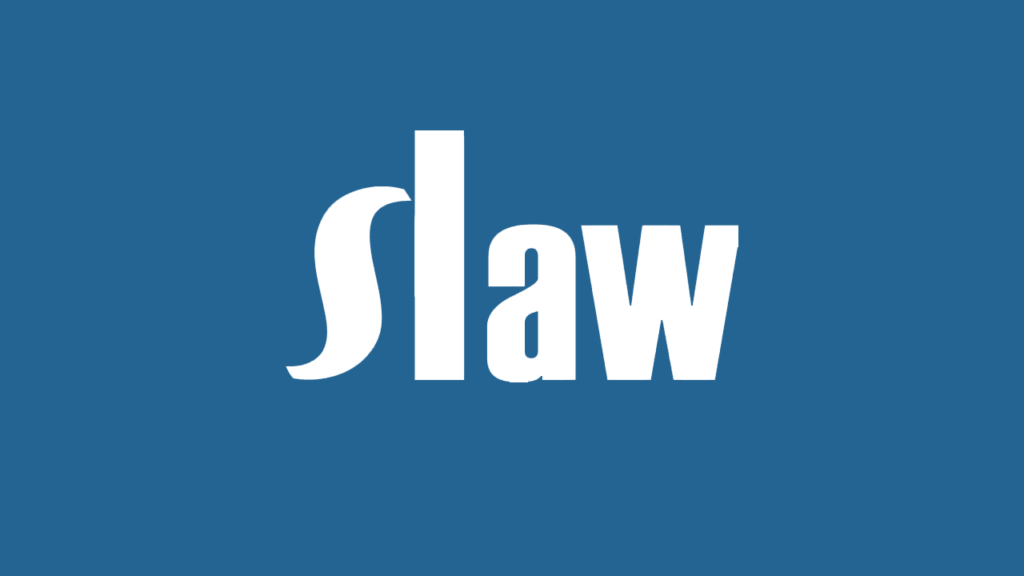
Slaw - Canada's Online Legal Magazine
Up and running since July 2005, Slaw describes itself as “a co-operative weblog about Canadian legal research and the impact of technology on it.” The targeted audience includes practicing lawyers, legal librarians, legal academics and students and the aim is to share information, offer advice and instruction, and occasionally provoke. Feedback and participation from readers in the form of comments or guest postings is strongly encouraged. It is a great legal current awareness tool.
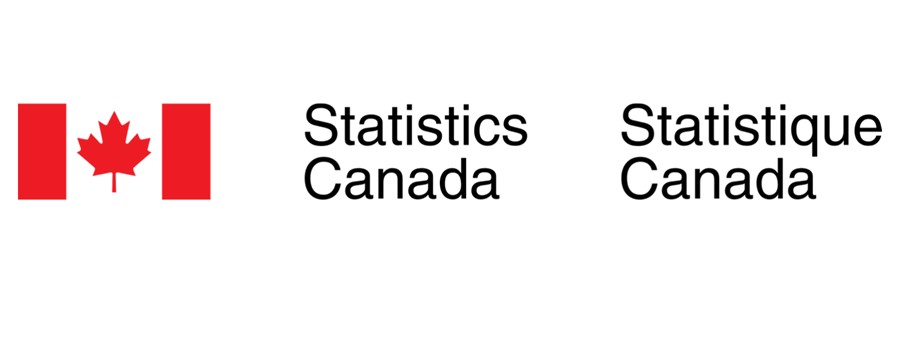
Statistics Canada
For those of you who prefer your useful websites without humour or commentary, Statistics Canada provides a selection of free statistical information on a wide variety of topics, from agriculture to wholesale trade. A search engine offers access to the data, which may be browsed by subject, by province or metropolitan area. Features include a robust search engine, alphabetical and table lists, print-friendly versions, adjustable font sizes, and related data recommendations. Especially helpful is the list of subject headings, which ranges from agriculture to travel and tourism, with government, justice and labour along the way.
American Sites
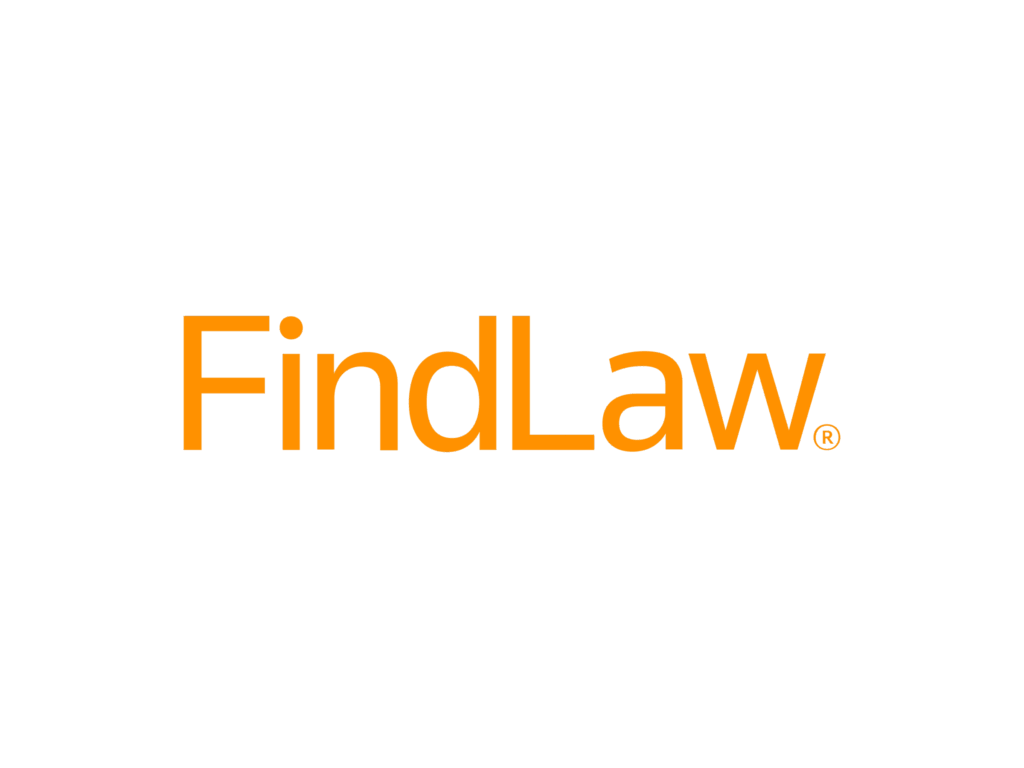
FindLaw
This is a US-based web directory of Internet legal information for lawyers, students, businesses and the public. It provides summaries of various areas of law and is a good source of US case law and legislation for those without subscriptions to the more structured on-line legal services like Westlaw or Lexis. There is a companion Canadian site at www.findlaw.ca.
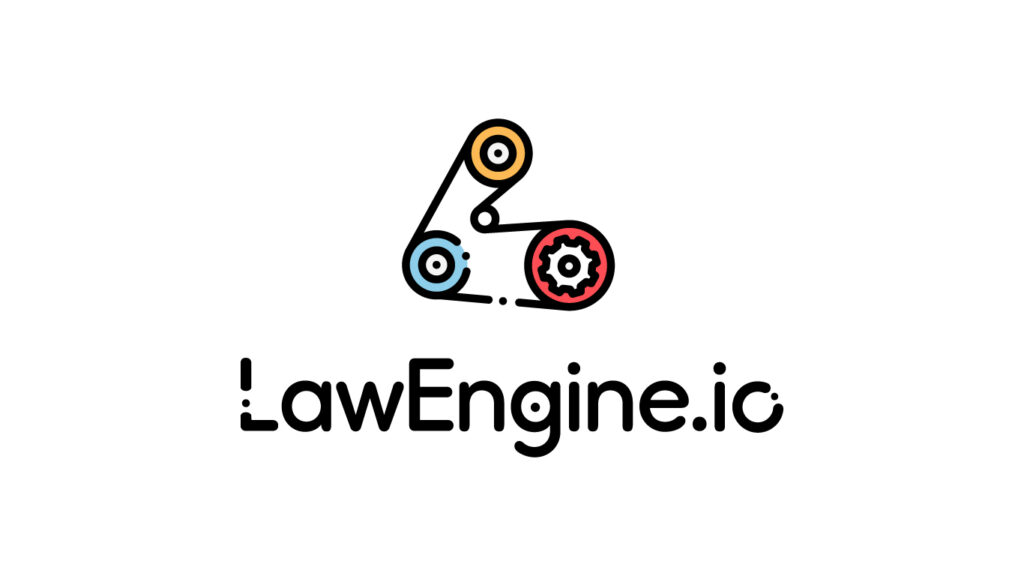
Law Engine
Another US web directory for law on the Internet, claiming to provide “the best on-line law sources in an easy, single-page format!” Provides searching and links to a variety of information, including US case law and legislation, and a very useful source of the ever-popular Delaware State Code. The Law Engine is a good alternate source of American material where in offices and libraries where print versions are not available.
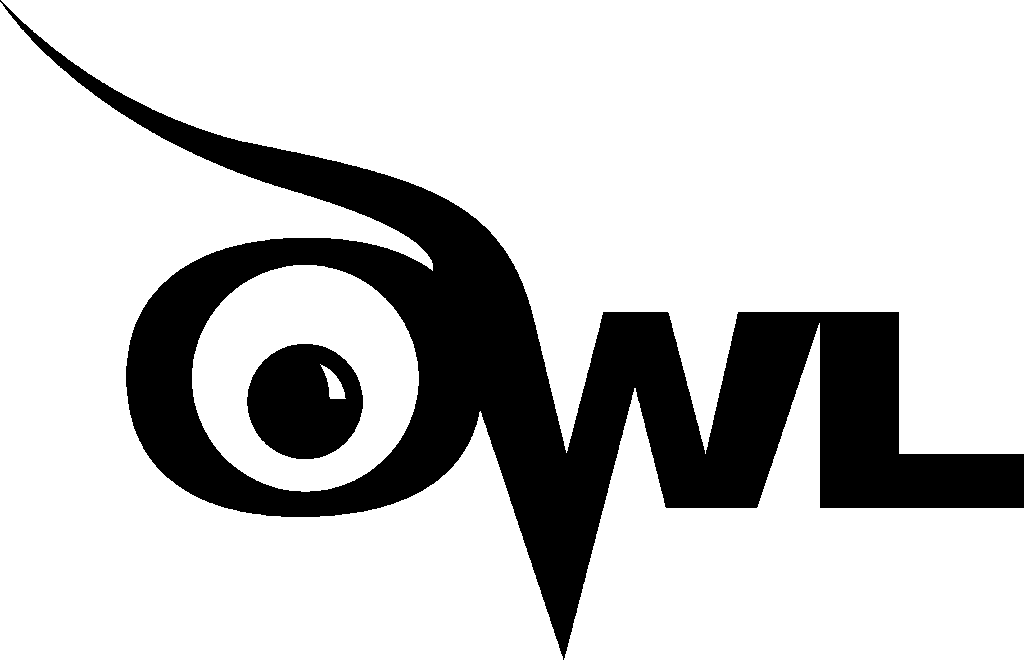
Citation Machine
This web tool was created by U.S. educator David Warlick and is part of the Landmarks for Schools website for teachers. Since 1995, Mr. Warlick has been the owner and principal consultant of The Landmark Project, a professional development and web design firm in Raleigh North Carolina. This wonderful resource allows you to translate any type of raw bibliographic data into an authoritative APA or MLA style citation with one click of the mouse.
International Sites

Cardiff Index to Legal Abbreviations
As described on its first page, this web-based service allows you to search for the meaning of abbreviations for English language legal publications, from the British Isles, the Commonwealth and the United States, including those covering international and comparative law. A selection of major foreign language law publications is also included. The database mainly covers law reports and law periodicals, but some legislative publications and major textbooks are also included. The coverage includes Canadian materials as well. If you have a legal abbreviation you can find out what it stands for, or you can learn how to abbreviate the name of a law publication to create a recognized legal citation. This handy index can be searched either from abbreviation to title or from title to abbreviation and can also be searched using only a part of an abbreviation.
